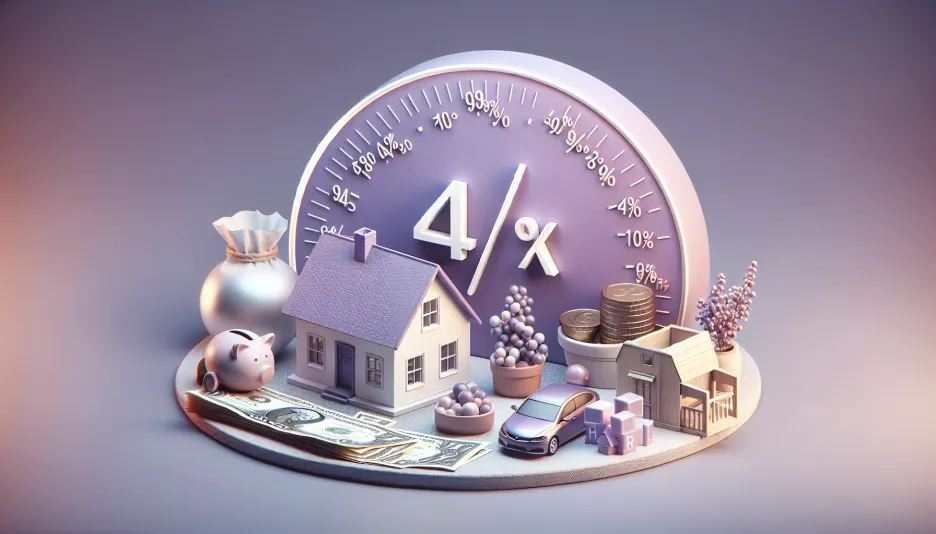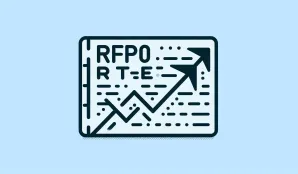Swedens Policy Rate
- Articles
- Swedens Policy Rate

Stable Repo Rate at 4% - What Does It Mean for Your Wallet?
The Riksbank has recently announced that the policy rate, or repo rate, will remain at 4%, a level that has been kept constant since September last year. This stability in the interest rate reflects a cautious approach from the central bank at a time when inflation shows signs of slowing down.
Effects of the Rate on Household Economy
The constant repo rate at 4% affects several aspects of the everyday economy for Swedish citizens. A direct effect is on mortgage rates, which tend to follow the movements of the repo rate. With a stable repo rate, we can expect some stability in mortgage rates as well, at least in the short term.
Mortgage Calculation for Different Loan Amounts
With a repo rate of 4% and a markup from the banks of 1%, the effective interest rate for mortgages becomes 5%. Below is a calculation of monthly costs for different loan amounts under these conditions:
- 1 million kronor: Monthly cost for a 30-year annuity loan is approximately 5,368 SEK.
- 3 million kronor: Monthly cost for a 30-year annuity loan is approximately 16,105 SEK.
- 5 million kronor: Monthly cost for a 30-year annuity loan is approximately 26,841 SEK.
Inflation Impact and Future Interest Rate Outlook
With a declining inflation rate, where the latest CPIF inflation stands at 2.2%, we can see a potential for future interest rate cuts if the trend continues. This could lead to lower borrowing costs. However, if inflation starts to rise again, it may force the Riksbank to consider interest rate hikes to keep inflation in check.
Effects on Food, Fuel, and Energy Prices
A stable repo rate helps maintain economic balance, but the prices of goods such as food, fuel, and energy are also influenced by other global factors. However, with a decreasing inflation rate, we can expect price increases on these goods to also stabilize, providing some relief for consumers.
Summary
The unchanged repo rate at 4% reflects a cautious stance from the Riksbank in light of the latest economic indicators. For borrowers, this means a period of stability, but it is important to keep an eye on inflation movements to anticipate future economic changes.
Sweden's national debt
-

Opinion Landscape: Novus February 2026 – Social Democrats Still Largest
Thu, 19 Feb 2026 - 01:35 -

Policy rate remains at 1.75% – Riksbank signals stability
Thu, 29 Jan 2026 - 14:02









